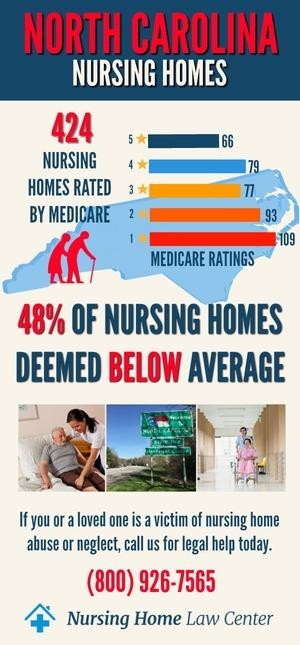The Nursing Home Law Center is committed to providing the legal resources necessary to hold negligent facilities accountable.
North Carolina Nursing Home Abuse Lawyer

Licensed in North Carolina
Nursing home abuse, neglect, and mistreatment lead to severe injuries and fatalities among residents, casting a shadow on the standard of care in these facilities. These acts not only cause physical harm but also emotional and psychological trauma, eroding the trust in care systems designed to protect the elderly.
Nursing Home Law Center, LLC offers essential guidance and resources to those affected by such maltreatment, aiding in their pursuit of justice. Our skilled nursing home abuse attorneys are dedicated to holding negligent facilities accountable and securing rightful compensation for victims and their families.
The Devastation of Nursing Home Abuse in North Carolina
Nursing home abuse in North Carolina is a significant concern that impacts the well-being and dignity of elderly residents. Instances of abuse in nursing homes are often underreported, leading to a hidden crisis that affects vulnerable individuals. With an aging population, the state has seen a rise in the number of residents in such facilities, making the issue of abuse even more pressing.
This troubling trend underscores the importance of legal intervention. A North Carolina nursing home abuse lawyer plays a crucial role in addressing these violations. They provide a voice for the victims and ensure that such incidents are brought to light and addressed appropriately.
The impact of abuse on nursing home residents cannot be overstated. It leads to a deterioration in both physical and mental health, often resulting in long-term trauma.
The involvement of skilled legal professionals is essential in protecting the rights and well-being of these individuals. Our law firm is committed to this cause, offering expert legal guidance and support to those affected by nursing home abuse in North Carolina.
North Carolina Nursing Home Statistics from CMS
The January 2024 Centers for Medicare and Medicaid Services (CMS) Updated assessments of nursing homes in North Carolina, revealing some concerning statistics. Out of the 118 nursing homes assessed in the state, a significant portion, precisely 52%, were rated as “below average” or “much below average.” These ratings indicate that many nursing facilities in North Carolina may not meet the expected care standards.
Understanding the Significance of CMS Ratings
The CMS ratings are essential for assessing the quality of care provided in nursing homes nationwide. These ratings are derived from thorough inspections and evaluations conducted by government agencies, underscoring their non-arbitrary nature.
Why Government Agencies Survey and Inspect Nursing Homes
Government agencies like CMS play a crucial role in ensuring the well-being of nursing home residents. The reasons behind their surveys, inspections, and investigations are multifaceted, with a primary focus on protecting vulnerable individuals who reside in these facilities.
1. Ensuring Compliance with Federal Law
One of the primary reasons government agencies conduct inspections and surveys is to ensure that nursing homes comply with federal laws and regulations. Federal laws set specific standards for the care and safety of nursing home residents, and it is the responsibility of these agencies to verify that facilities are adhering to these standards.
2. Detecting Nursing Home Abuse and Neglect
Nursing home residents are at risk of various forms of mistreatment, including physical abuse, emotional abuse, and neglect. By conducting regular inspections and investigations, government agencies aim to identify instances of abuse or neglect promptly. This helps protect residents from harm and holds those responsible accountable.
3. Verifying Proper Care and Medical Practices
Government agencies assess the quality of medical care provided to nursing home residents. This includes evaluating medication management, treating medical conditions, and preventing complications such as bed sores and broken bones. Ensuring proper medical care is essential for the well-being of elderly residents.

4. Monitoring Staff Training and Competency
Many cases of abuse or neglect occur due to poorly trained staff members or healthcare providers. Government agencies assess nursing aides’ and staff members’ qualifications and training to ensure they are adequately prepared to care for residents. This helps reduce the likelihood of errors, including medication errors and physical injuries.
5. Responding to Formal Complaints
Government agencies take formal complaints from nursing home residents and their families seriously. When complaints of abuse or neglect are filed, agencies conduct investigations to determine the validity of these claims. This process ensures that residents’ concerns are addressed promptly and thoroughly.
Government agencies, including CMS, safeguard nursing home residents’ rights and well-being. Their surveys, inspections, and investigations help maintain the highest standards of care in these facilities and provide recourse for individuals who have suffered from nursing home abuse or neglect.
Do you suspect that a loved one has experiencednursing home abuse or neglect in North Carolina? If so, it’s essential to seek justice by consulting with a nursing home abuse attorney for a free case evaluation and pursuing legal action to hold responsible parties accountable for their actions.
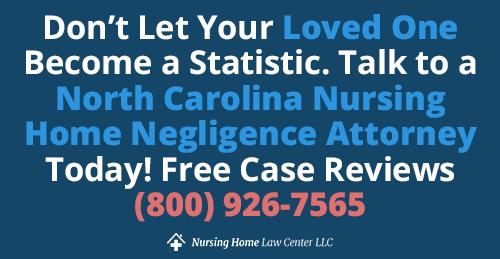
Definition and Types of Abuse
Nursing home abuse in North Carolina encompasses a range of harmful behaviors and neglectful practices that detrimentally affect the lives of elderly patients. Understanding the various forms this abuse can be the first step in combating the problem.
- Physical Abuse: This form of physically forced abuse is characterized by bruises, abrasions, or fractured bones. These injuries may frequently lack a plausible explanation, or the answers provided by caregivers may be inconsistent, raising suspicions of mistreatment.
- Emotional Abuse: Emotional abuse often manifests as observable changes in behavior. This might include signs of depression, an unusual tendency to withdraw, post-traumatic stress disorder, or visible fear, particularly in the presence of specific staff members or fellow residents, indicating a distressing environment or verbal abuse.
- Sexual Abuse: Indicators of sexual abuse can include, but are not limited to, physical evidence of non-consensual sexual interaction or abrupt and unexplained alterations in behavior, which may suggest traumatic sexual experiences.
- Financial Abuse: This type of abuse is often detected through financial irregularities such as unexplained bank account withdrawals, sudden or suspicious alterations in wills, estates, and financial resources, or the disappearance of personal belongings, indicating potential financial exploitation.
- Neglect: Nursing home negligence is apparent when there is a noticeable lack of adequate care and poor personal hygiene. This can be observed in signs of poor hygiene, evidence of malnutrition, or untreated medical conditions, all suggesting a severe deficiency in the standard of care provided to the nursing home resident.
- Medication Errors: These occur when there is a failure in the proper administration of medications, either through incorrect dosages, wrong prescriptions, or a complete lapse in providing necessary medication, potentially leading to harmful consequences.
- Medical Malpractice: In a caregiving setting, medical malpractice may manifest as substandard treatment or a negligent lack of appropriate medical treatment and care, leading to adverse health outcomes for the resident.
- Abandonment and Isolation: This form of mistreatment involves the intentional neglect of a resident, often seen as leaving them without necessary care or isolating them from social interactions, which can have severe psychological and physical impacts.
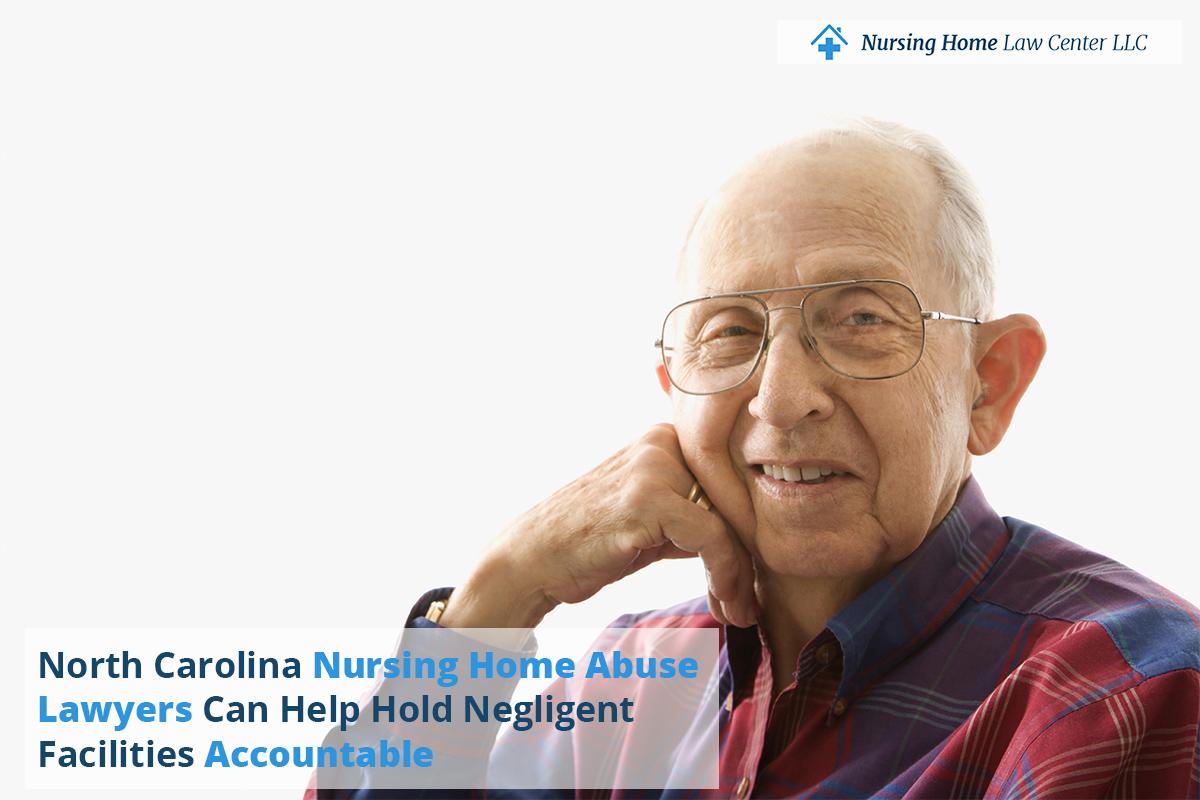
The Dire Consequences of Nursing Home Neglect: The Path to Life-Threatening Bedsores
Nursing home neglect, a distressing form of elder abuse, poses significant risks to the health and well-being of nursing home residents. This neglect, often unnoticed, can stem from inadequate staffing or training in nursing homes and assisted-living facilities.
When neglect occurs, essential needs, including proper nutrition, medication management, and personal hygiene, are often inadequately met. This negligence can escalate to physical abuse, drastically affecting an elderly person’s quality of life.
In many instances, nursing home negligence manifests in ignoring the basic care requirements of residents. For instance, the failure to regularly reposition a bedridden nursing home resident is a glaring example of such neglect. When elderly loved ones are not adequately cared for, the risk of developing severe health complications, such as life-threatening bedsores, significantly increases.
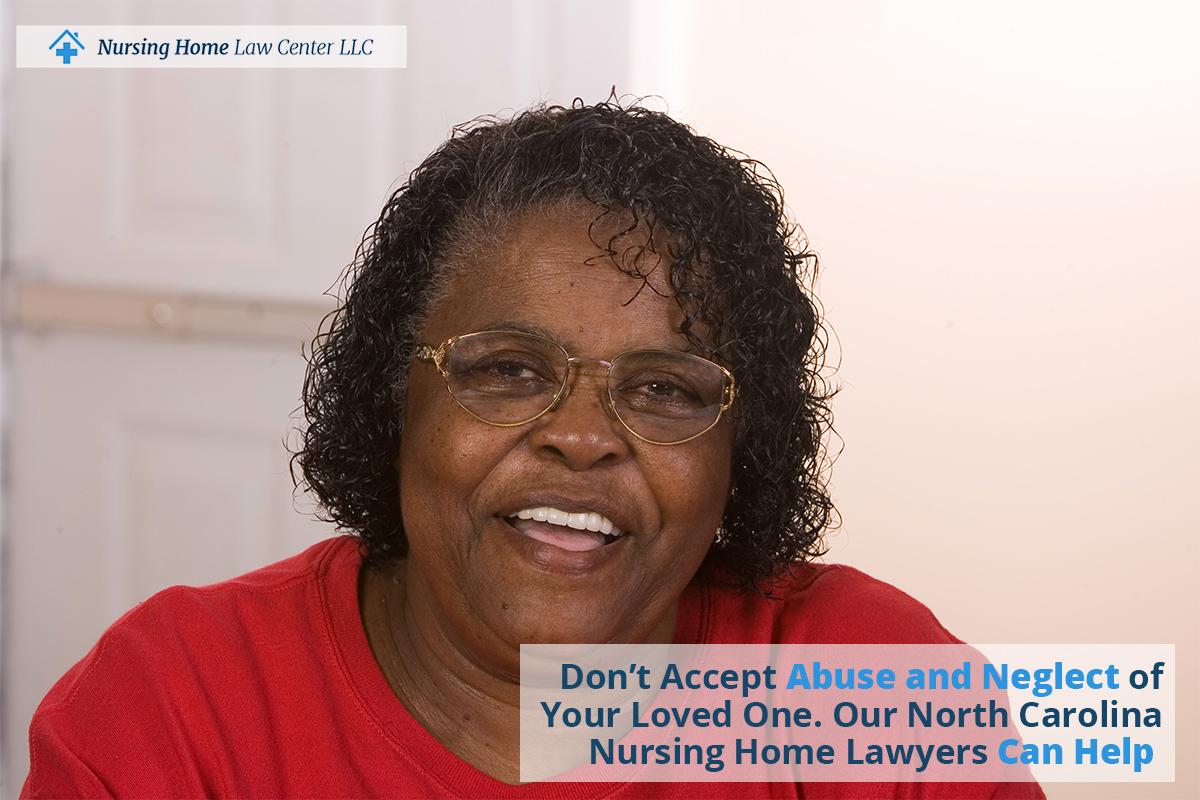
The Formation and Risks of Bedsores in Neglected Elders
Bedsores, also known as pressure ulcers, are injuries to the skin and underlying tissue resulting from prolonged pressure on the skin. They commonly develop on skin that covers bony areas of the body, such as heels, ankles, hips, and the tailbone.
In nursing home facilities, residents who are immobile or confined to beds or wheelchairs are at a higher risk of developing these sores, especially when nursing home abuse, neglect, and mistreatment are present.
Neglecting to reposition a resident, ignoring their nutritional needs, or failing to maintain personal hygiene can all contribute to developing bedsores. These sores can develop quickly and are often difficult to treat, leading to severe complications like infections, sepsis, and even wrongful death.
Nursing home staff must regularly monitor and care for residents, especially those at high risk, to prevent the onset of these debilitating injuries.
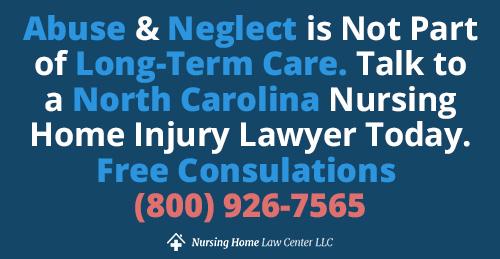
Prevention and Treatment: The Role of Nursing Homes
Effective prevention and timely treatment of bedsores are essential responsibilities of nursing home caregivers. This involves regular skin assessments, ensuring residents are moved and repositioned to relieve pressure, maintaining skin hygiene, and providing adequate nu trition and hydration. Care plans should be individualized, considering each resident’s specific health needs and risks.
When bedsores do occur, they must be treated promptly. This includes cleaning and dressing the wounds, relieving pressure on the affected area, and possibly surgical intervention in severe cases. However, prevention remains the most effective approach, highlighting the importance of diligent care and attention by nursing home staff.
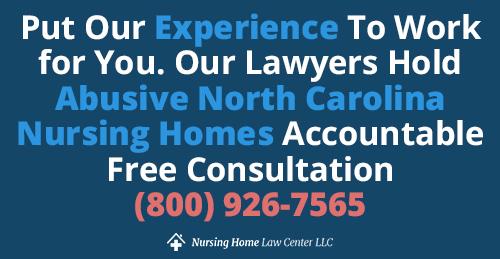
Legal Recourse for the Elderly Person Victimized by Nursing Home Neglect
Victims of nursing home neglect, or their families, have the right to seek legal recourse. This includes holding the facility accountable for elder abuse, neglect, and mistreatment that leads to severe conditions like bedsores.
Legal action may result in compensation for medical expenses, pain and suffering, and additional damages in wrongful death cases. Family members must remain vigilant about the care their elderly loved ones receive in nursing homes and take action if neglect is suspected.
Nursing home neglect can have devastating consequences, leading to severe health issues like life-threatening bedsores. All caregiving facilities are responsible for providing quality care to prevent such neglect and ensure nursing home residents’ safety. Family members must stay informed and proactive about their loved ones’ care and seek legal help if neglect or abuse is suspected.
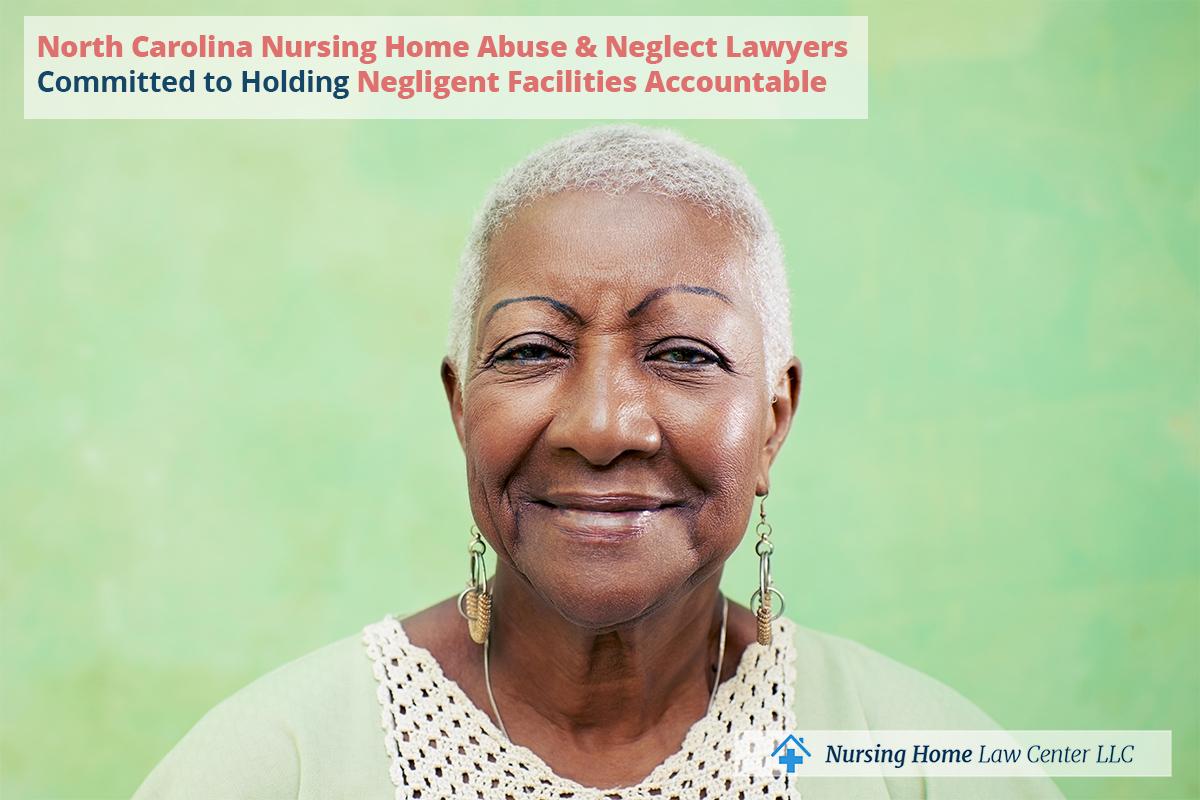
Legal Rights and Protections for the Elderly in North Carolina: Understanding Elder Rights
In North Carolina, nursing home residents are entitled to specific rights and legal protections. These regulations are designed to safeguard their dignity, health, and overall well-being. Both residents and their families must be aware of these rights to ensure they are upheld.
There are established procedures that must be followed when reporting suspected nursing home abuse or neglect in North Carolina. Family members, friends, and even the nursing home staff members themselves must recognize the warning signs of abuse, such as unexplained injuries, sudden changes in behavior, or signs of poor hygiene. Their legal and moral obligation is to report these incidents upon suspecting abuse.
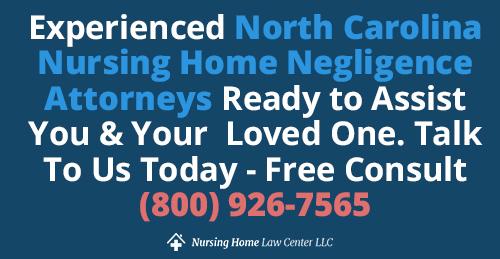
Reporting Nursing Home Abuse: A Vital Step for Safety and Justice
In the fight against elder abuse and neglect, reporting such incidents is a critical step. It seeks justice for the affected individuals and serves as a deterrent to potential future abuse. By taking action, family members and victims play a crucial role in safeguarding the welfare of nursing home residents, ensuring that care facilities uphold the highest standards of safety and respect for the elderly.
The North Carolina Division of Health Service Regulation is one of the primary bodies responsible for overseeing nursing homes and investigating reports of abuse. Moreover, local law enforcement and social services agencies play a vital role in these investigations. Timely reporting can make a significant difference in the outcome for the victim and can help prevent further harm.
Report Elder Abuse: Comprehensive List of Reporting Resources
To report abuse and neglect in nursing homes, there are several federal and state-level agencies, as well as non-governmental organizations, that victims and their families can turn to. Here’s a comprehensive list:
- Elder Justice Initiative (EJI) – U.S. Department of Justice: Provides resources and contact information for reporting elder abuse.
- National Elder Fraud Hotline: 1-833-FRAUD-11 (1-833-372-8311)
- Adult Protective Services (APS) information:NAPSA Website
- Website:EJI DOJ Website
- National Center on Elder Abuse (NCEA): A resource center offering information on state agencies and laws regarding elder mistreatment. Contact:NCEA Website
- Ombudsman Programs: Advocates for residents in nursing homes and licensed residential settings. Find the local ombudsman’s contact information on theNational Consumer Voice Website.
- National Adult Protective Services Association (NAPSA): Works with older adults and adults with disabilities who need assistance and investigates cases of abuse, neglect, or exploitation.
- Local Law Enforcement: For severe and immediate incidents of abuse in nursing homes. Emergency Contact: 911
- Medicare: Guides resolving nursing home problems and lists various state groups for assistance. Website:Medicare Reporting & Resolving Problems
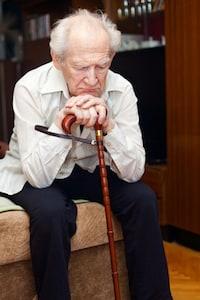
The Role of Our Nursing Home Abuse Lawyers: Expert Legal Support
At our law firm, we understand the complexities involve d in nursing home abuse cases. Our experienced North Carolina nursing home abuse lawyers are adept at navigating the legal system and providing compassionate and comprehensive legal support to victims and their families.
Every personal injury lawyer at our law offices is dedicated to thoroughly investigating each case, examining medical records, interviewing witnesses, and working with experts to build a solid elder abuse case.
Pursuing Justice and Compensation
Our primary goal is to pursue justice and secure fair compensation for victims of nursing home abuse. This includes compensation for medical expenses, pain and suffering, and, in some cases, punitive damages. Our legal team works tirelessly to ensure that victims receive the justice they deserve and that perpetrators are held accountable for their actions.
Success Stories from Our Law Firm: Significant Victories
Our law firm has a proven track record of successful outcomes in nursing home abuse cases in North Carolina. Each case presents its unique challenges, but our commitment to seeking justice for our clients remains unwavering. Through our legal expertise and dedication, we have secured substantial settlements and verdicts for victims, bringing them some measure of relief and closure.
Preventing Nursing Home Abuse
Selecting the right nursing home is a crucial decision that can significantly impact the quality of life of an elderly family member. We recommend thoroughly researching potential facilities, visiting them in person, and speaking with staff and residents to get a sense of the level of care provided.
Staying Vigilant
Families must remain proactive in monitoring the care their loved ones receive in nursing homes. Regular visits, asking questions about care and treatment, and monitoring the resident’s physical and emotional state are essential practices. Awareness and vigilance are vital to preventing abuse and ensuring the well-being of nursing home residents.
Safeguarding the Dignity of Our Elders
Protecting the dignity and rights of our elderly population is our law firm’s responsibility. We advocate tirelessly for those who have suffered nursing home abuse or neglect, ensuring that their voices are heard and their rights are protected. By hiring a North Carolina nursing home abuse lawyer from our firm, victims and their families can trust that they are in capable and caring hands.
Our Personal Injury Lawyers Restoring Dignity: Fighting Nursing Home Abuse
The impact of nursing home abuse can be devastating. Taking swift legal action is crucial if you or your loved one has been affected. Nursing Home Law Center, LLC specializes in these sensitive cases, offering the expertise and empathy you need to navigate this challenging time.
Our legal services are tailored to support you:
- Comprehensive abuse investigations
- Legal advice and strategic planning
- Representation in negotiations and court proceedings
- Emotional and legal support throughout the case
Contact our nursing home abuse attorneys at (800) 926-7565. We provide a free consultation and work on a contingency fee basis, making our services accessible and risk-free. We aren’t paid until your nursing home abuse attorney resolves your compensation case.


